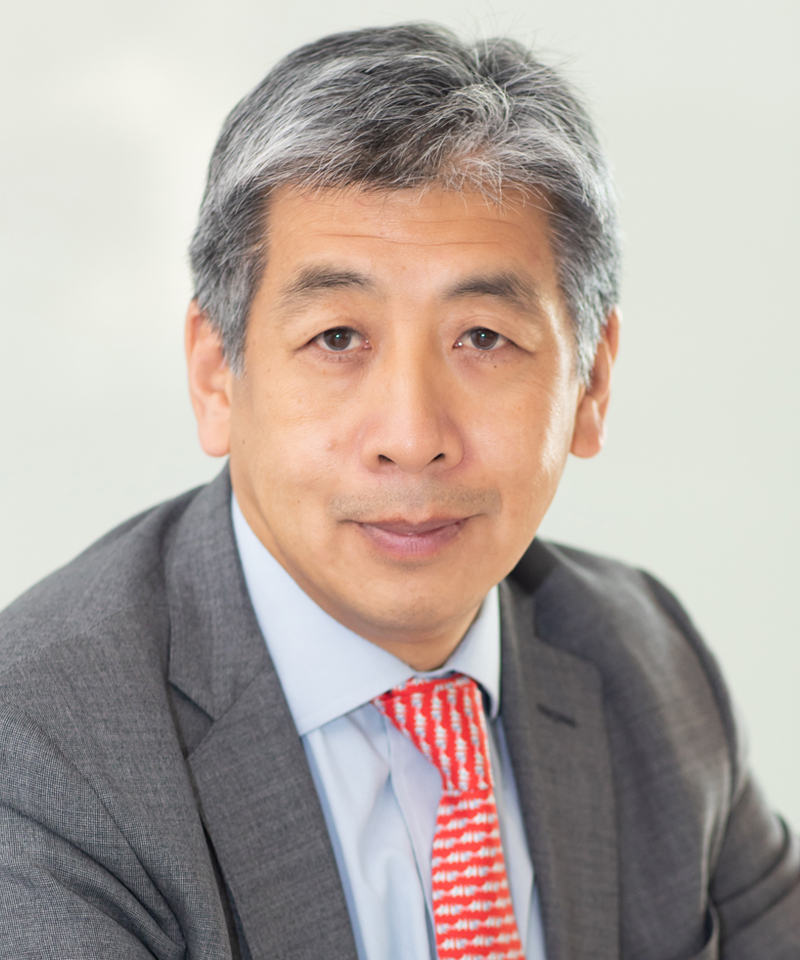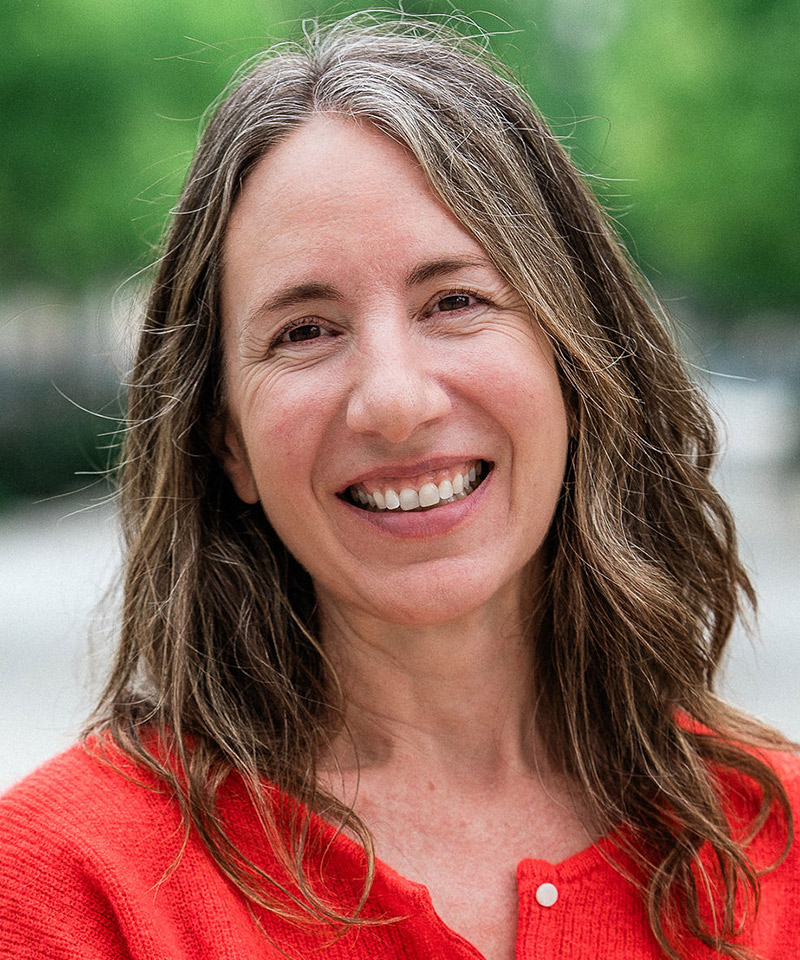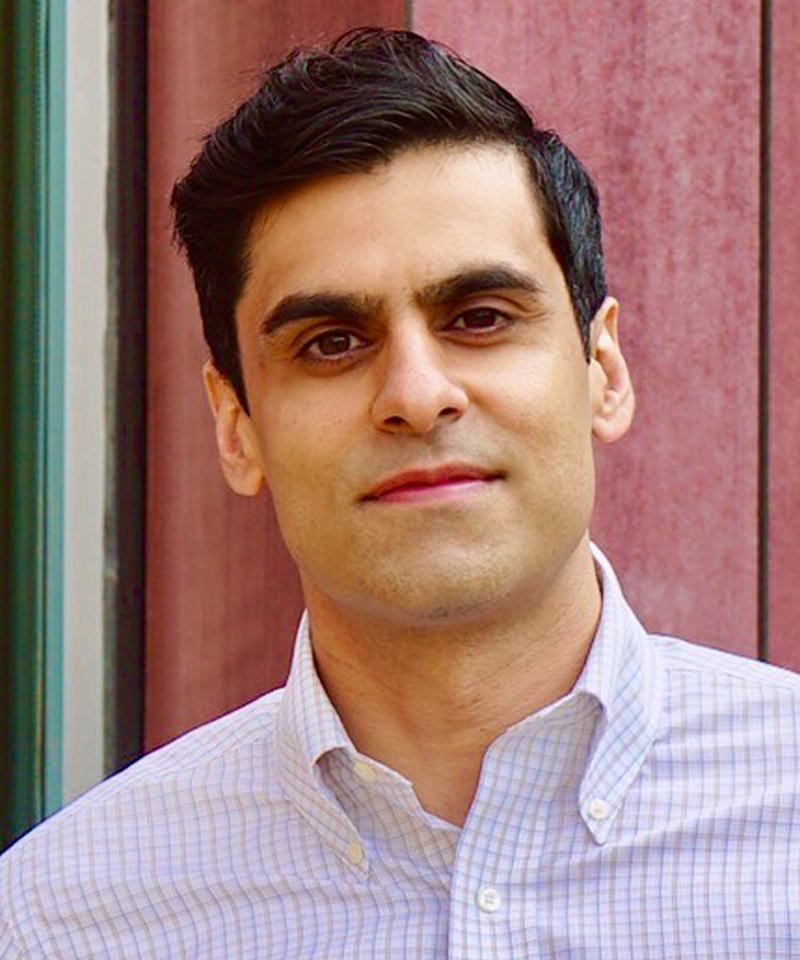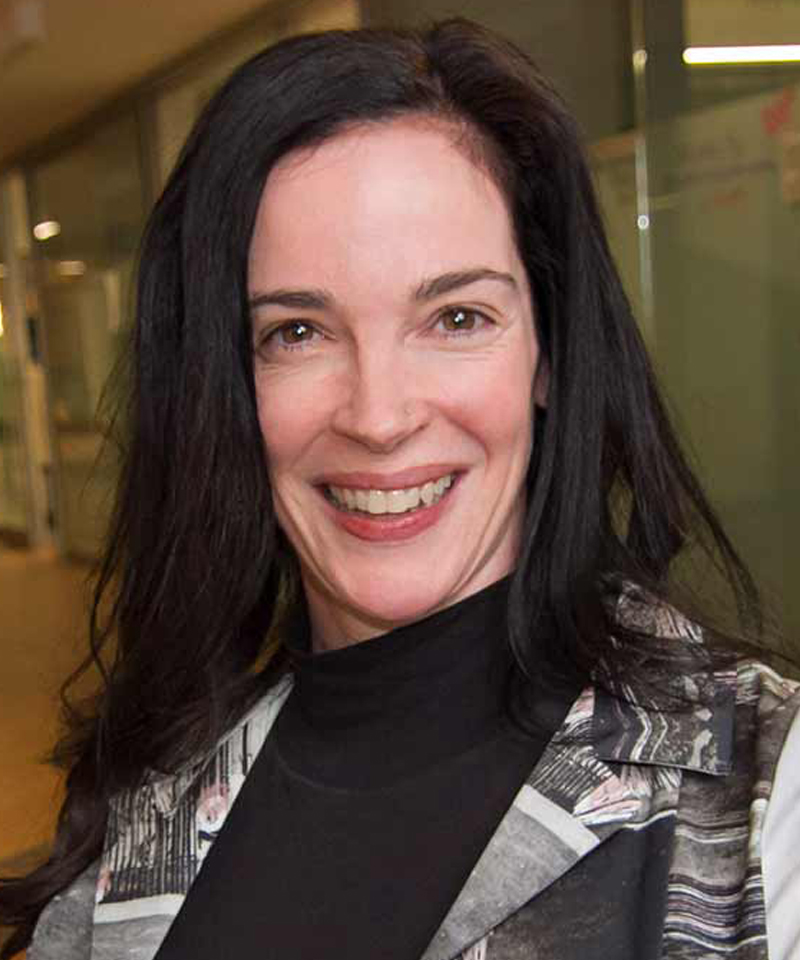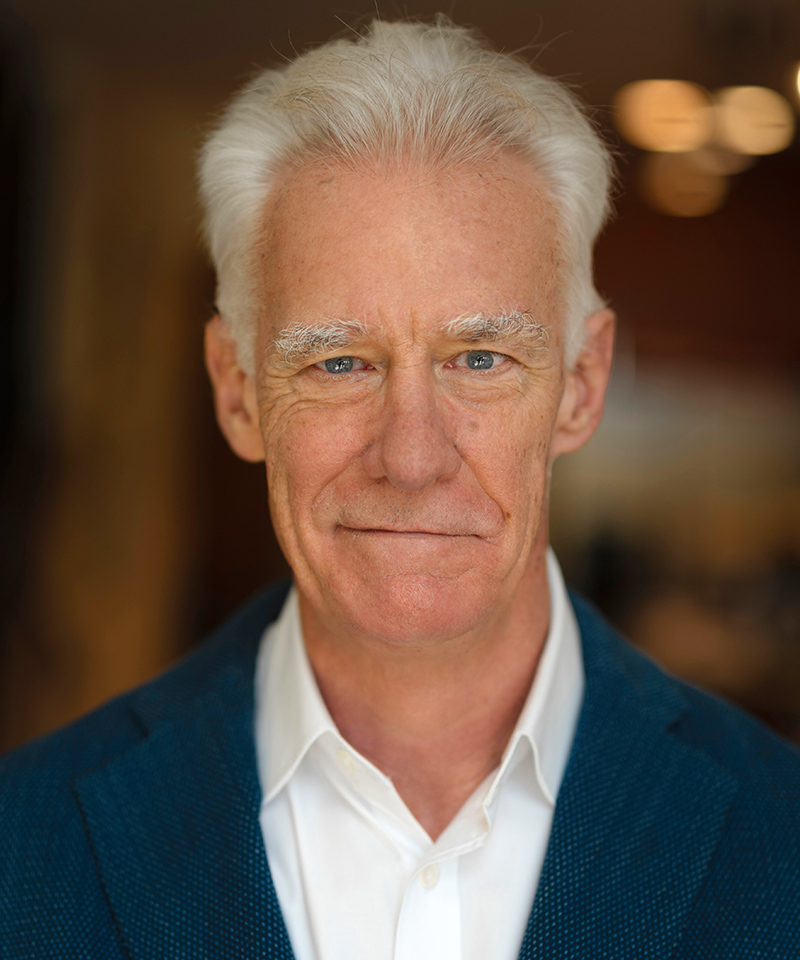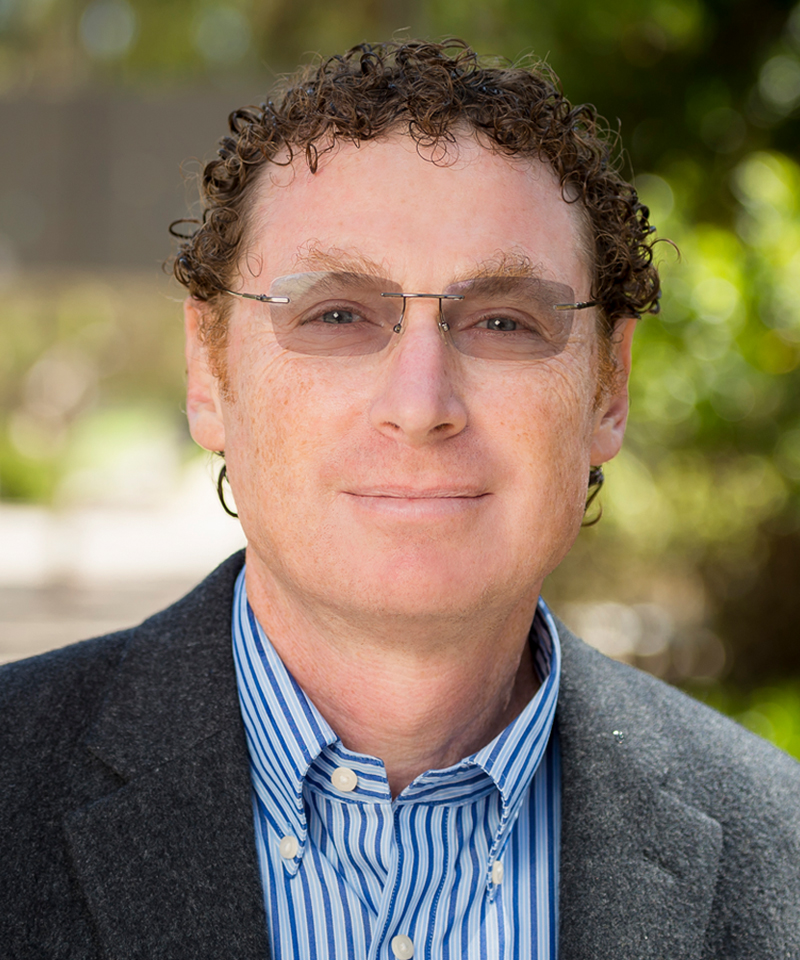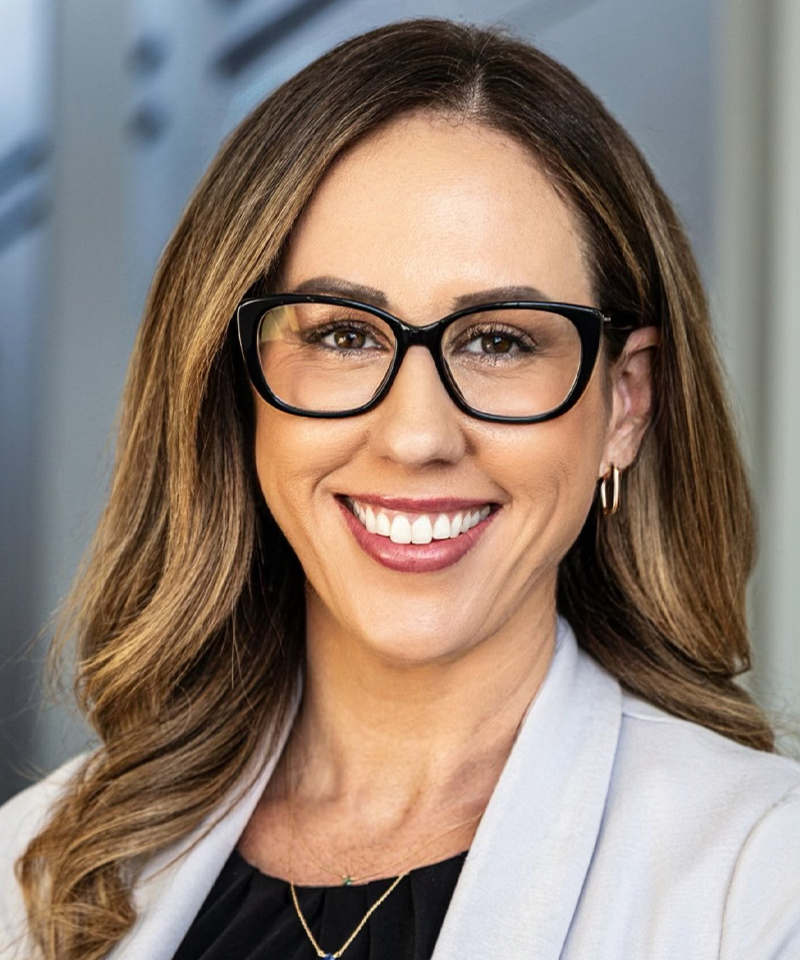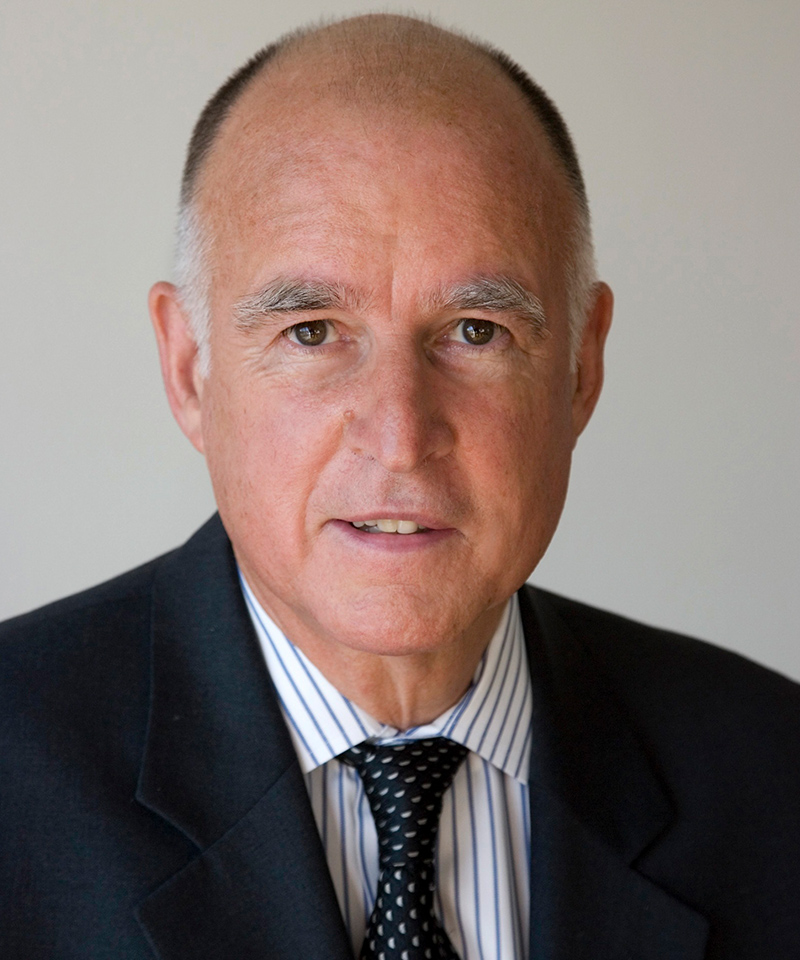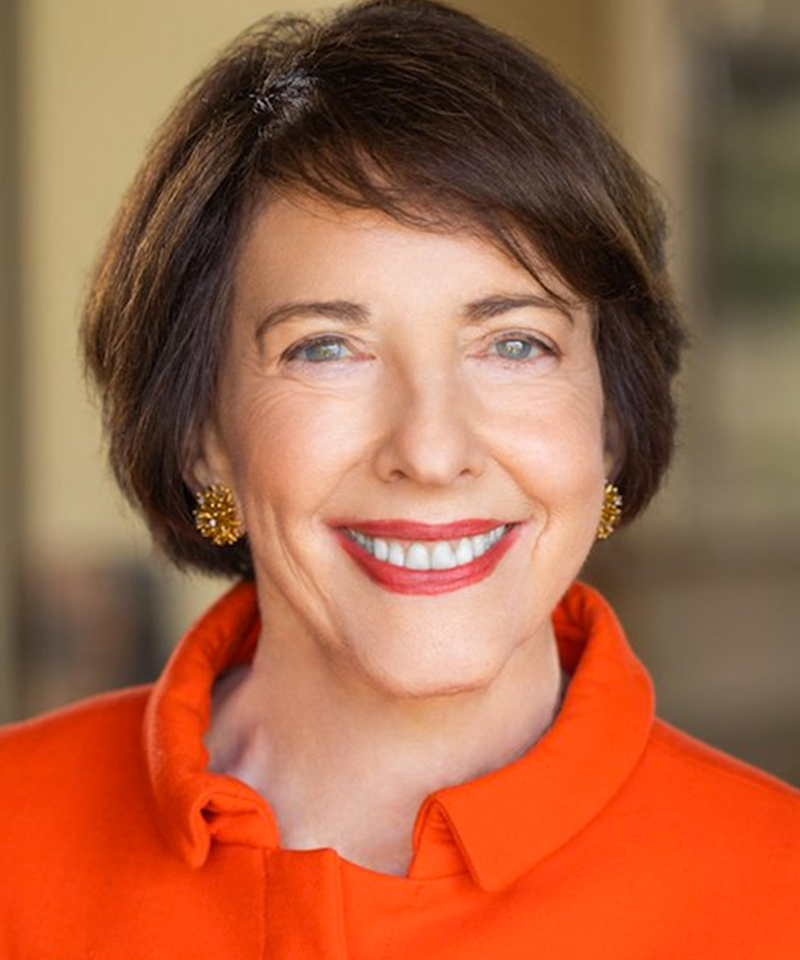Our History
1981
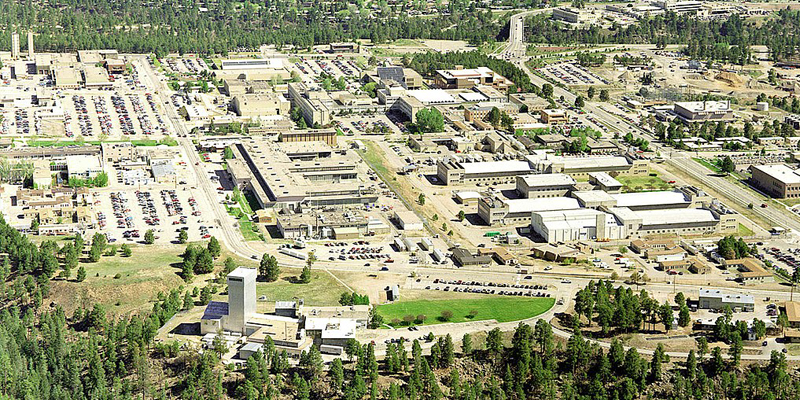
When the UC contract to manage Los Alamos and Lawrence Livermore National Laboratories was up for review in 1981, controversy erupted among the UC faculty about the University’s links with the nuclear weapons laboratories. California Governor Jerry Brown, Jr. and UC President David Saxon agreed that the University should consider establishing an organized unit to study questions of peace and security in addition to work being done in the labs.
1982
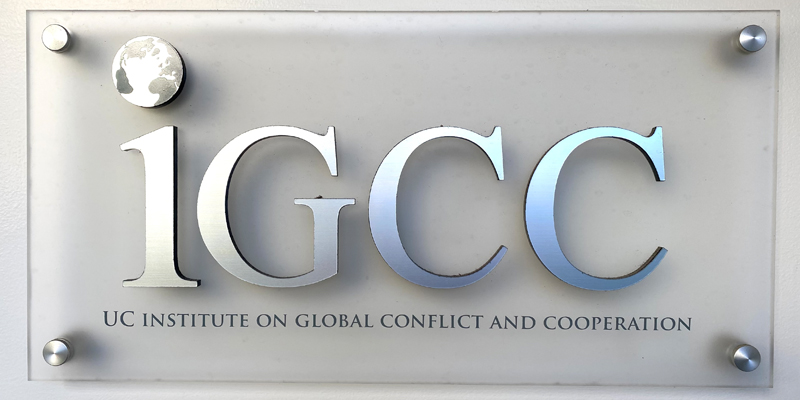
A Special Committee on Global Security and Cooperation recommended in March 1982, that the Institute on Global Conflict & Cooperation (IGCC) be formed. In defining IGCC’s research focus, the committee stated that:
“The focus of the Institute’s research program should be the study of global situations sufficiently severe so as to threaten their escalation into large-scale war, especially, but not exclusively, nuclear war.”
1983
Dr. Herbert York was appointed IGCC’s first director in July 1983, and served until 1989. A renowned physicist, Manhattan Project participant, and first director of Lawrence Livermore National Laboratory (1952‒1958), York was instrumental in launching IGCC’s Public Policy and Nuclear Threats program. York was the first chancellor of UC San Diego (1961‒1964); and interim chancellor (1970‒1972). He advised five presidents on science and technology issues, and was the first chief scientist, Advanced Research Projects Agency (later DARPA) and first director of Defense Research and Engineering (under Eisenhower) (1958–61).
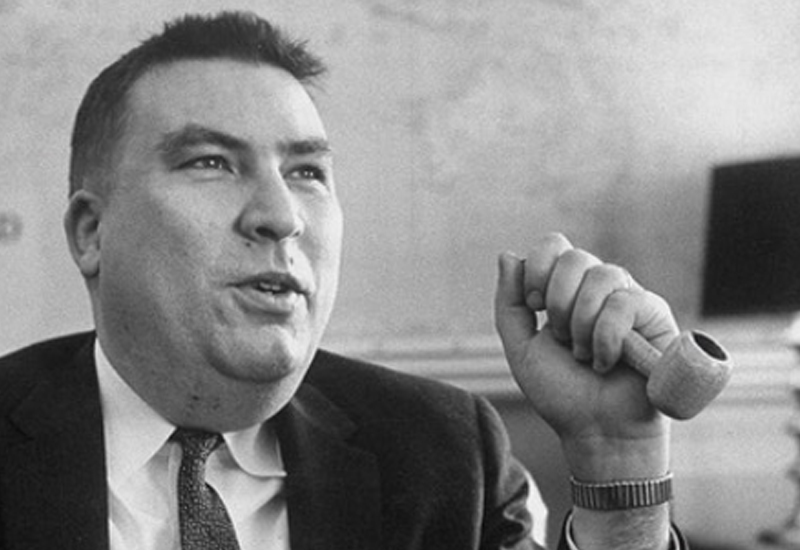
In 1972, York established an academic program within the Department of Physics at UC San Diego, on science, technology and public affairs that sponsored research and teaching on international security policy issues.
1984

IGCC establishes the University of California Dissertation Fellowship, IGCC’s oldest program designed to bolster the capabilities of the next generation of engaged scholars and peacemakers. The competitive fellowship provides grants and mentorship to UC doctoral students whose research closely tracks to IGCC’s mission to build a more peaceful world. A powerful tool for intercampus bridge building, exchange, mentorship, and interdisciplinary collaboration, IGCC has provided more than $6 million to nearly 600 UC doctoral students.
1989
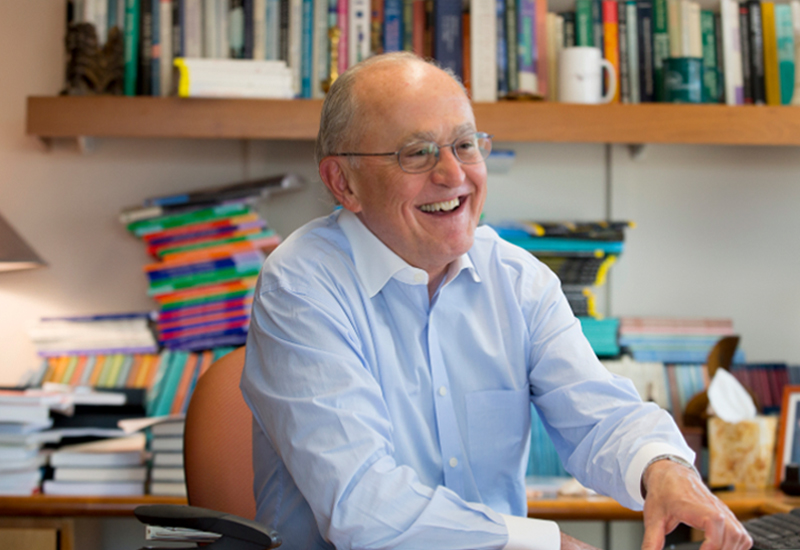
John Ruggie was appointed director of IGCC. A deeply engaged scholar-practitioner, while director of IGCC, Ruggie put global climate change and environmental policy on IGCC’s long-term agenda and led path-breaking research on multilateralism as an organizing principle for security and economics.
1991
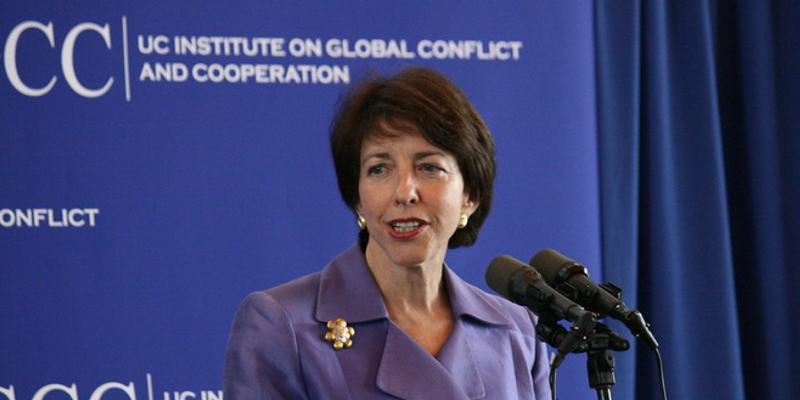
Susan Shirk became director of IGCC in 1991. An influential voice on U.S.-China relations and Chinese politics, Shirk served as deputy assistant secretary of state in the Bureau of East Asia and Pacific Affairs from 1997-2000, with responsibility for China, Taiwan, Hong Kong, and Mongolia. She is currently the chair of the 21st Century China Center and a research professor at the School Global Policy & Strategy at UC San Diego
1993
In 1993, IGCC director Susan Shirk founded the Northeast Asia Cooperation Dialogue (NEACD), a Track 1.5 forum of academics, policy experts, and military and foreign ministry officials from China, Japan, North Korea, Russia, South Korea, and the United States, which has been meeting annually for the past 30 years. NEACD is the only ongoing channel of informal communication among the six countries and the precedent for the Six Party Talks on the North Korea’s nuclear program that met between 2003 and 2009.
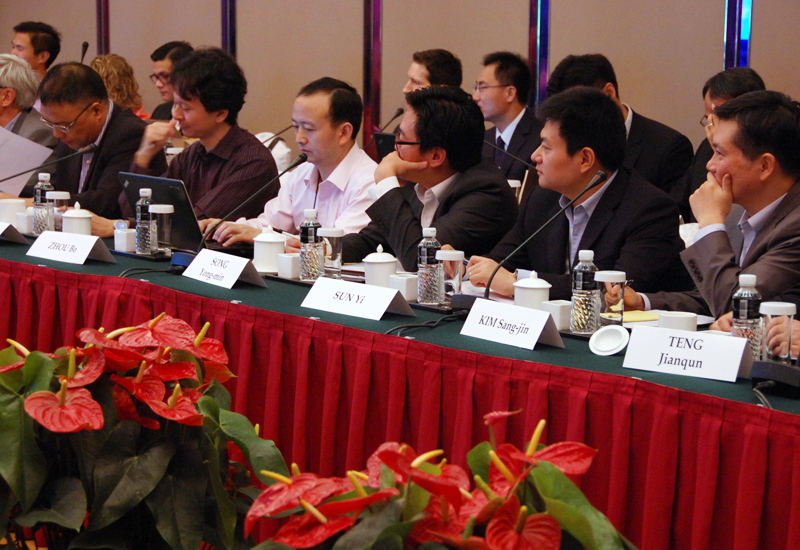
NEACD is the only ongoing channel of informal communication among the six countries and the precedent for the Six Party Talks on the North Korea’s nuclear program that met between 2003 and 2009.
1997
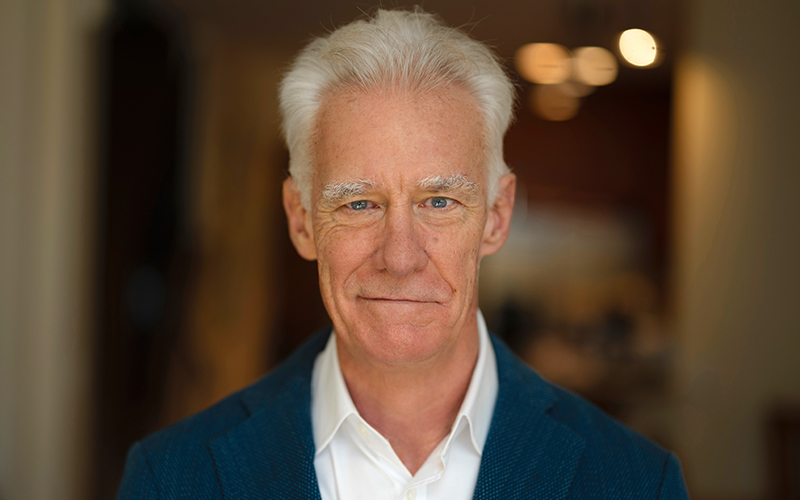
Stephan Haggard was appointed interim director of IGCC in 1997. Steph is the Lawrence and Sallye Krause Professor of Korea-Pacific Studies, director of the Korea-Pacific Program, and distinguished professor of political science at the School of Global Policy & Strategy at UC San Diego.
His research centers on the political economy of developing countries, with a particular interest in Asia and the Korean peninsula. Now an IGCC research director, Steph currently leads the institute’s project on illiberal regimes and global governance.
1999
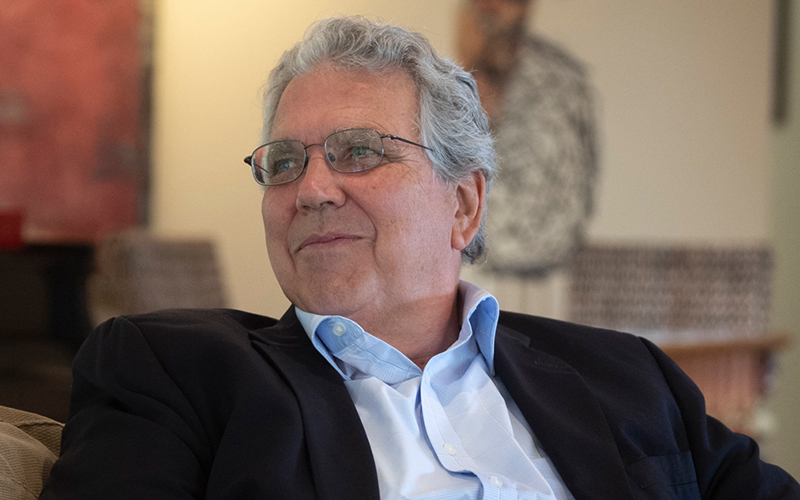
Peter Cowhey became director of IGCC in 1999. The dean and Qualcomm chair emeritus at UC San Diego’s School of Global Policy and Strategy, Cowhey served in both the Clinton and Obama administrations in positions involving international economic and technology policies.
Under Peter’s leadership, IGCC continued NEACD and began a similar dialogue for the Middle East. IGCC added a multi-year project on biological threats and public policy to broaden its work on security and address global public health and funded projects on trade and technology competition. During this period IGCC prioritized support of the individual campus programs affiliated with IGCC.
2003
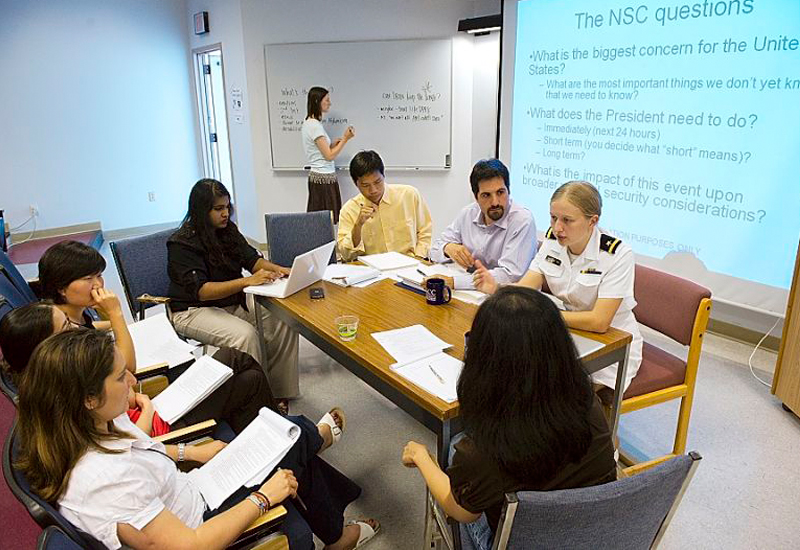
IGCC hosts the inaugural Public Policy and Nuclear Threats summer boot camp in-residence, which gives students and early career professionals the knowledge and analytic tools to contribute to the debate on future U.S. nuclear policy.
2012
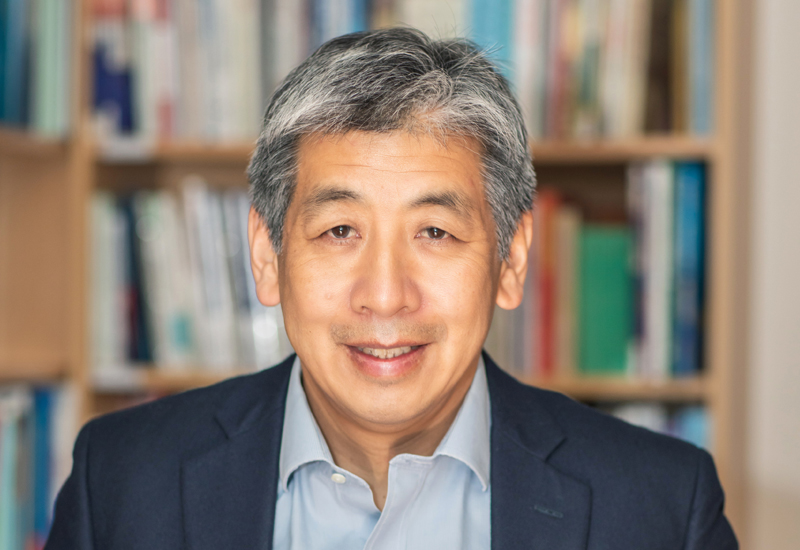
Tai Ming Cheung joined IGCC as director in 2012. A professor at the UC San Diego School of Global Policy and Strategy and expert in Asian security and Chinese security and technology, Cheung was based in Asia from the mid-1980s to 2002 covering political, economic, and strategic developments in greater China.
He was also a journalist and political and business risk consultant in northeast Asia. As director of IGCC, Cheung has put great power competition, Chinese science, technology, and innovation, and defense innovation at the forefront of IGCC’s research agenda, while presiding over a significant expansion in IGCC’s research and training programs.
2020
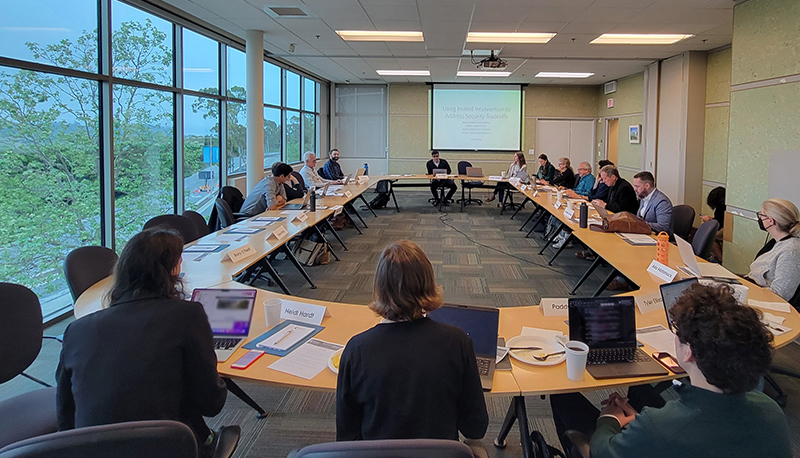
IGCC assumes leadership of the University of California Conference on International Cooperation (UCCIC), an annual forum founded in 2016 to connect junior and senior scholars of international relations across the UC system.
UCCIC cultivates a community of scholars who work in areas such as international security, foreign policy, international political economy and international organizations, to increase dialogue across UC campuses, and to support the next generation of engaged scholars. Conferences have been held at UC San Diego, Berkeley, Riverside, Davis, Santa Barbara, and Merced.
2021
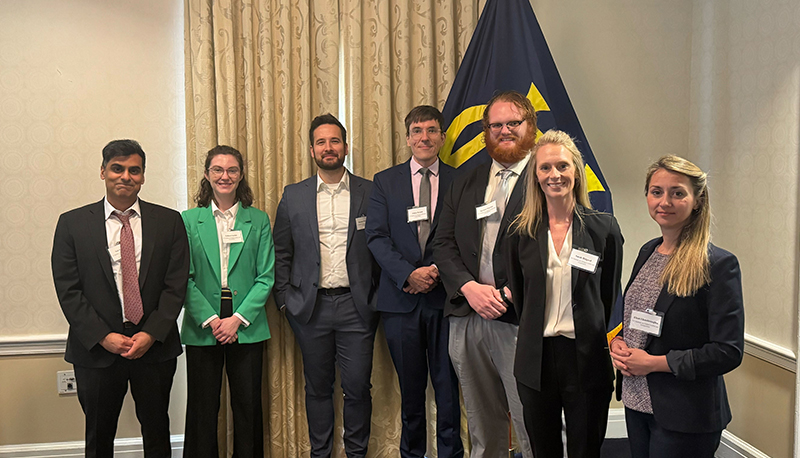
IGCC, together with the Center for Global Security Research at the Livermore National Laboratory (LLNL) and the National Security and International Studies Office at the Los Alamos National Laboratory (LANL), launches the Postdoctoral Fellowship in Technology and International Security. Based in Washington, D.C., the fellowship supports postdoctoral fellows whose research generates new theoretical and empirical insights into the relationship between technology, national security, and the global security environment.
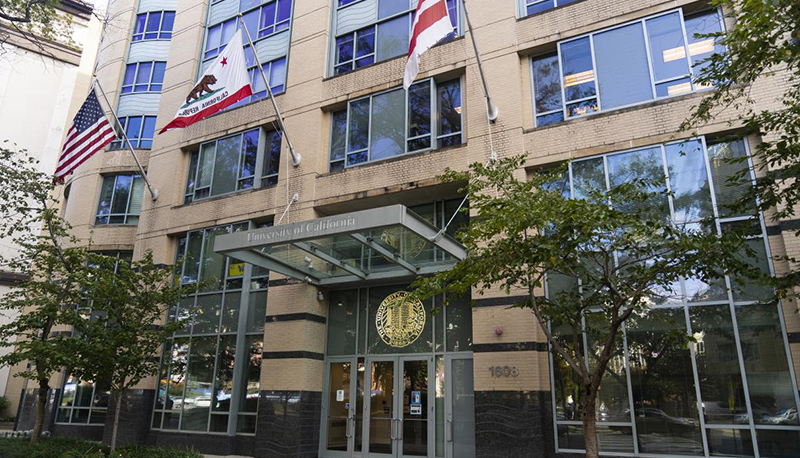
Also in 2021, IGCC opened a new office suite at the University of California Washington Center in Washington, D.C. Located in the heart of the nation’s capital, IGCC’s Washington, D.C. office serves as a central hub for UC peace and security experts to access policymakers, facilitate collaborations and partnerships, and to raise the visibility of UC overall in the Washington, D.C. policy environment. The IGCC D.C. office also hosts postdoctoral fellows in technology and international security and key staff.
